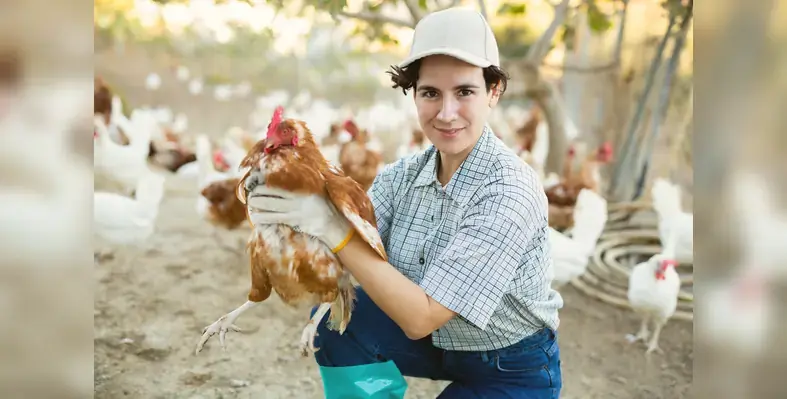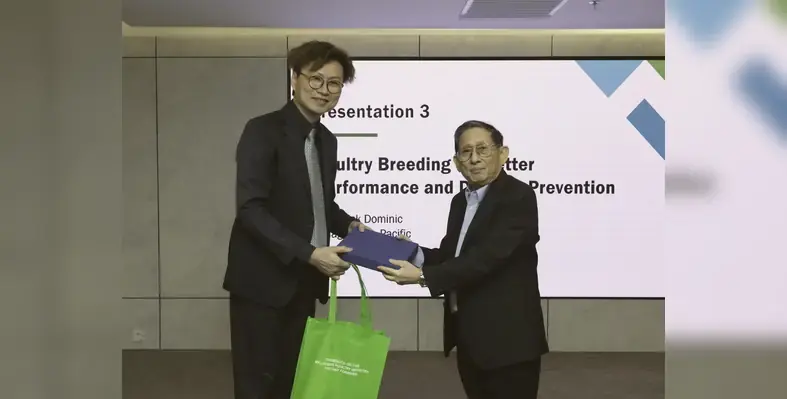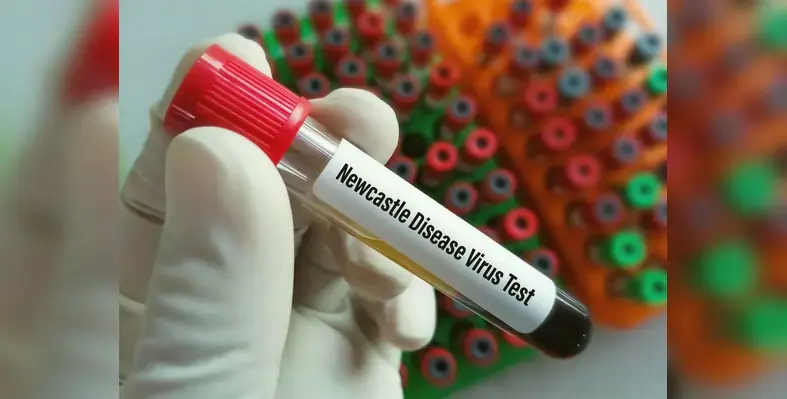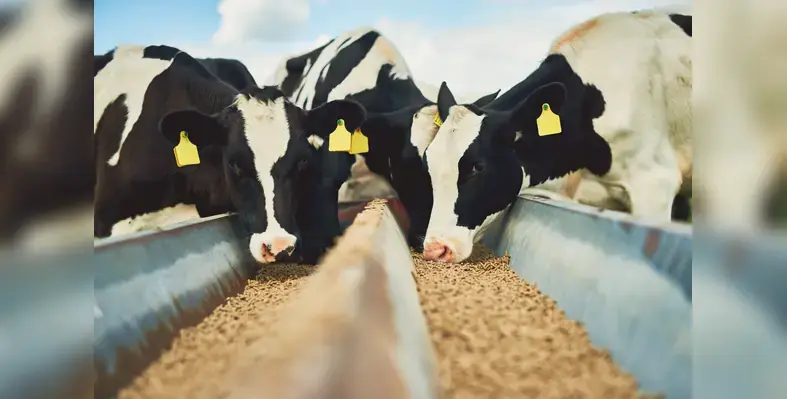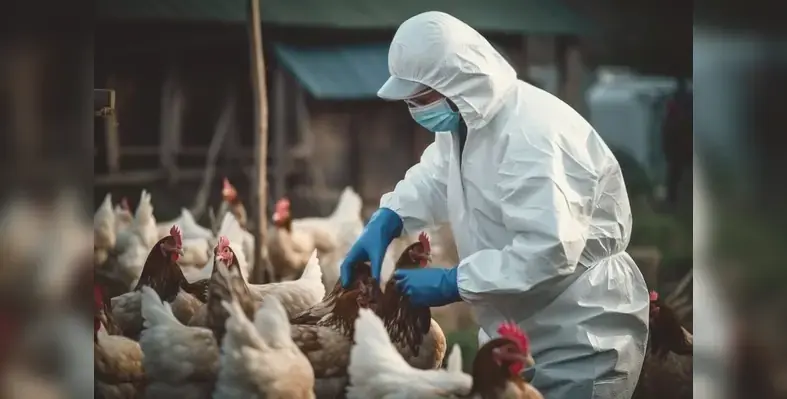Brazil began the year with strong export performance in both chicken and pork, setting new records for January and reinforcing the country’s position as a leading global supplier of animal protein.
Data from the Brazilian Association of Animal Protein shows rising shipment volumes and export revenues despite the month traditionally being a period of weaker international demand.
Chicken meat exports, covering both fresh and processed products, reached 459,000 tonnes in January. This marked a record for the month and represented a 3.6 percent increase compared with the same period last year. Export revenue also reached a new January high, totalling US$874.2 million, up 5.8 percent from US$826.4 million recorded a year earlier.
The United Arab Emirates remained the largest destination for Brazilian chicken, importing 44,300 tonnes, a rise of 14 percent year on year. South Africa followed with 36,800 tonnes, showing strong growth of 34 percent, while Saudi Arabia imported 33,500 tonnes. China also received 33,500 tonnes, although volumes declined sharply compared with last year. Japan, the European Union, the Philippines, South Korea, Singapore, and Chile all posted increases, highlighting broad based demand across multiple regions.
At state level, Paraná led chicken exports with shipments of 187,700 tonnes, followed by Santa Catarina and Rio Grande do Sul. São Paulo and Goiás also recorded growth, contributing to the overall strong performance.
“The record performance with increases in practically all major destinations, during a period of typically reduced demand, such as the month of January, signals optimistic prospects for 2026. This indicates sustained growth in several importing markets, especially in the United Arab Emirates, South Africa, the countries of the European Union and certain Asian markets with significant demand,” advises the president of ABPA, Ricardo Santin.
Pork exports also reached record levels in January. Shipments totalled 116,300 tonnes, an increase of 9.7 percent compared with the same month last year. Export revenue rose to US$270.2 million, up 13.6 percent and the highest January result on record.
The Philippines remained the leading market for Brazilian pork, followed by Japan and Hong Kong. Santa Catarina was the largest exporting state, while Rio Grande do Sul and Paraná recorded strong growth.
"The trend that occurred throughout 2025 continues this year, with a decentralization of shipments from China to new destinations, including the Philippines and other high value-added markets, such as Japan. The record balance in January points to a positive flow again in 2026," emphasizes the president of ABPA, Ricardo Santin.



